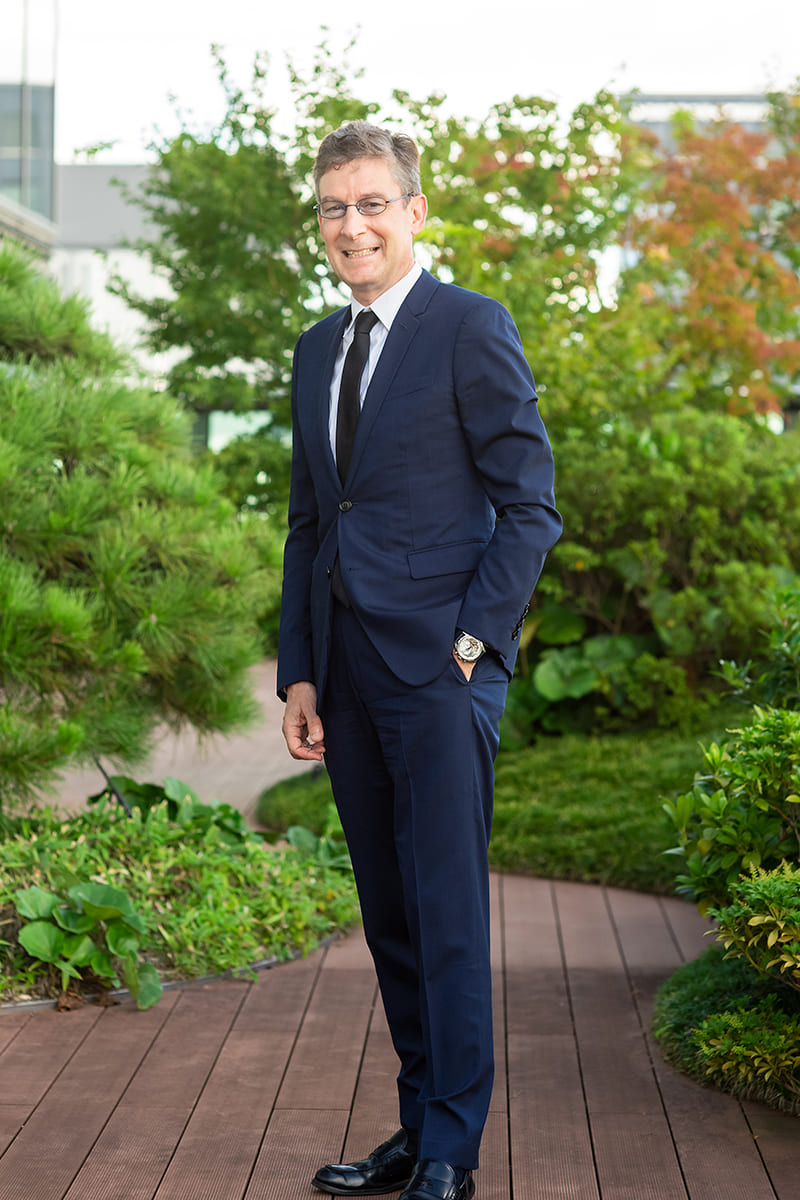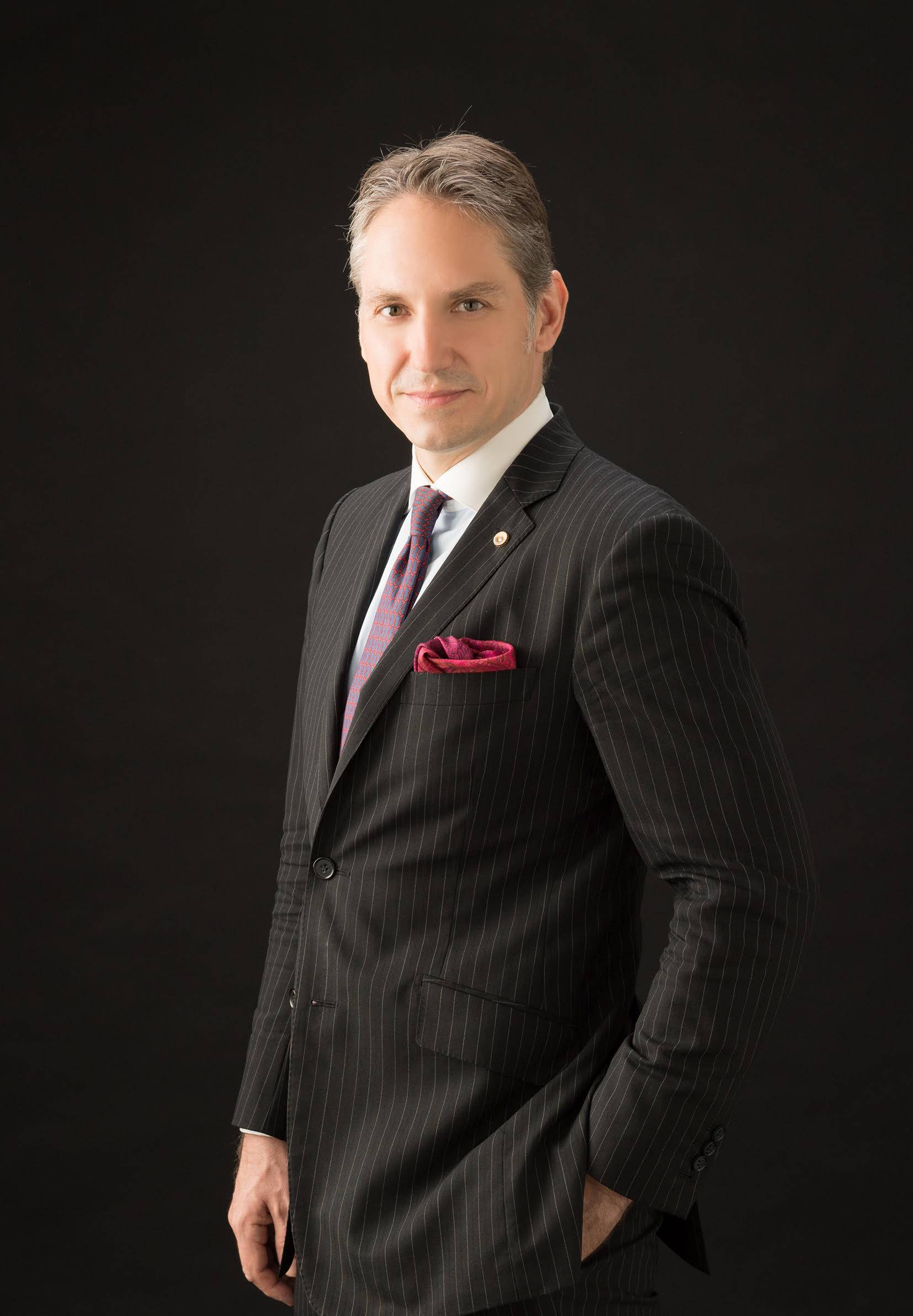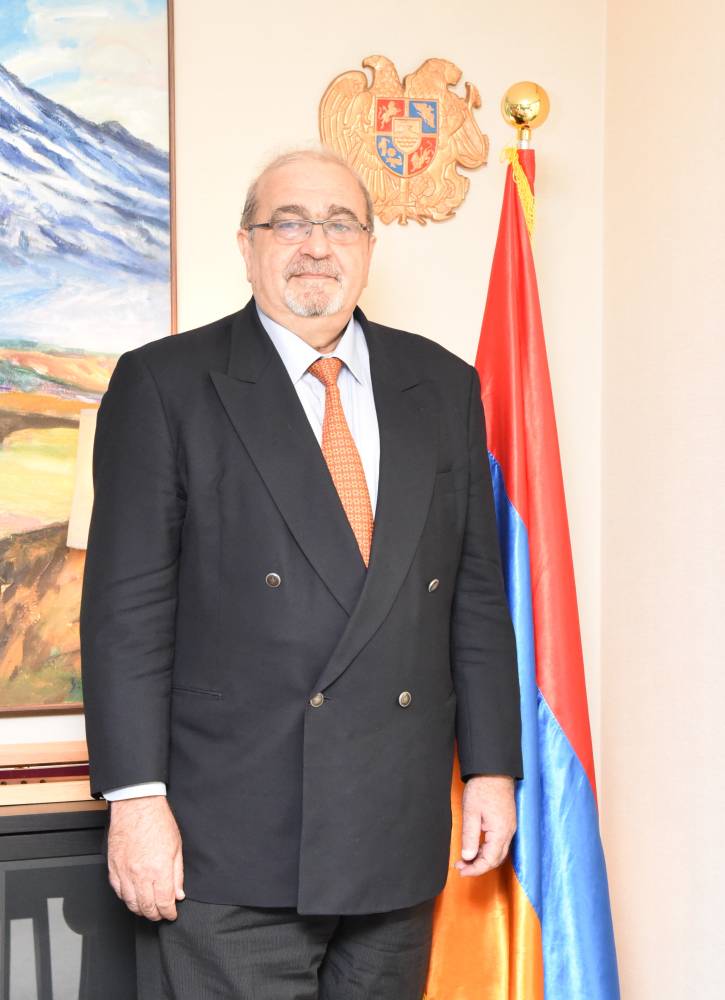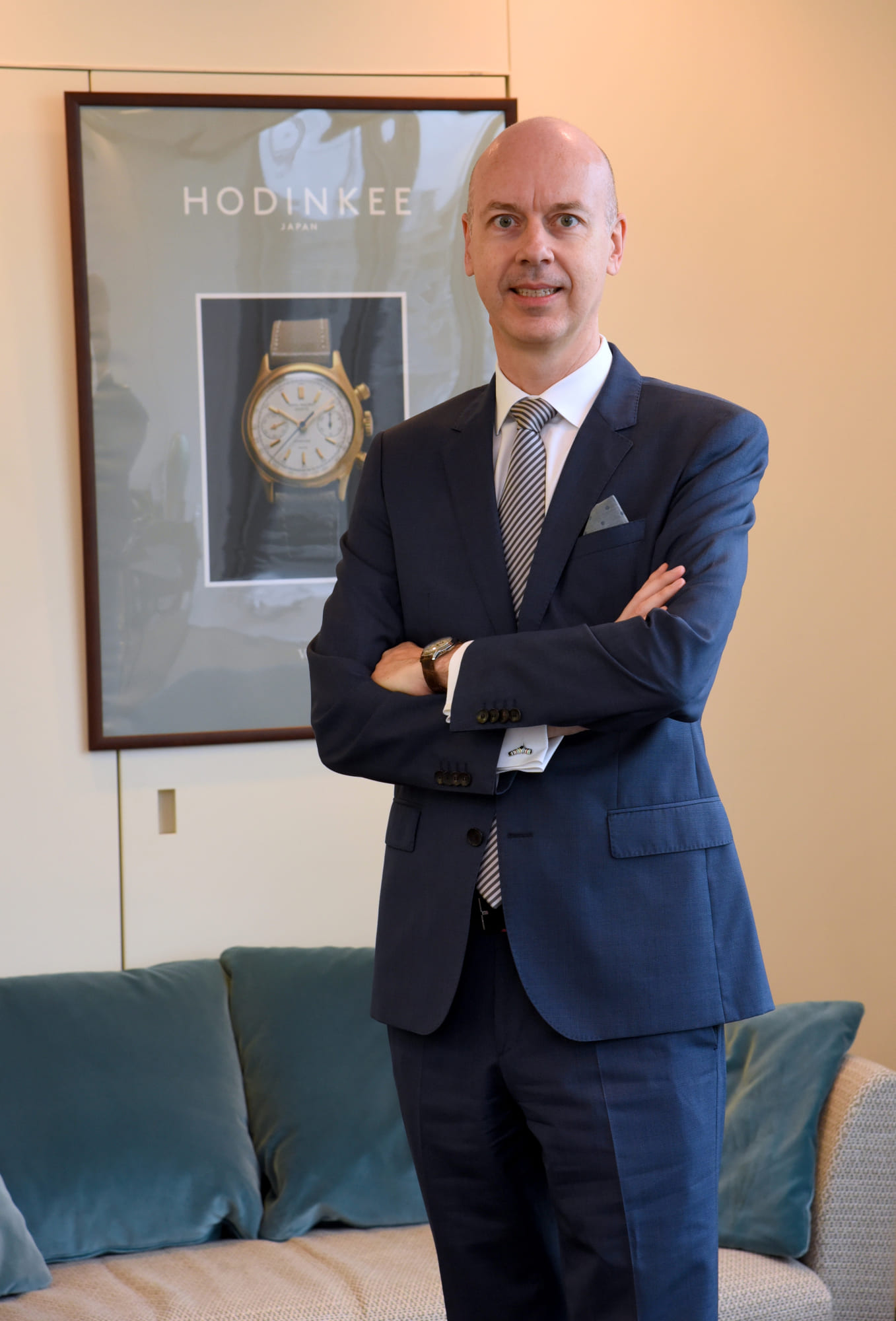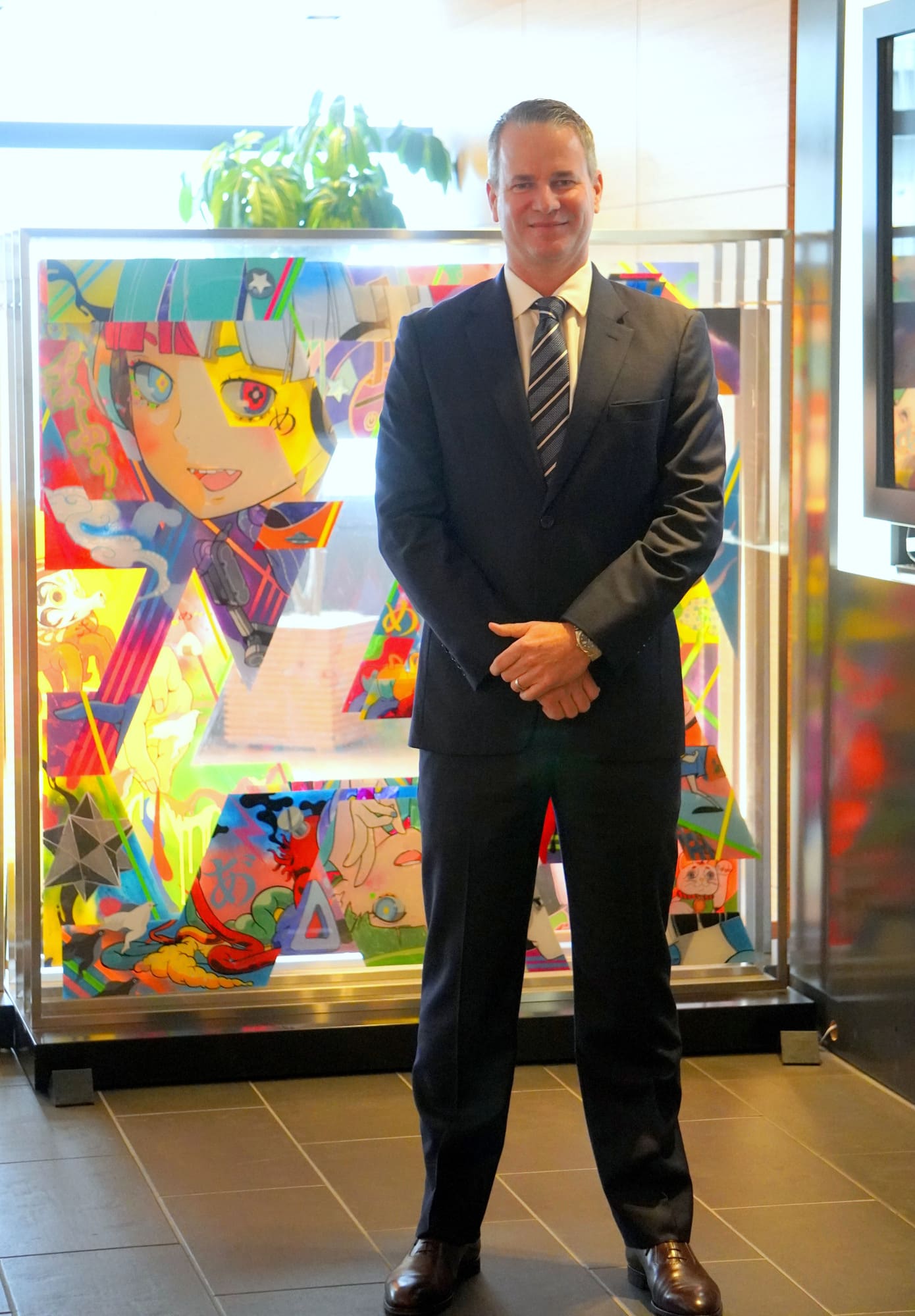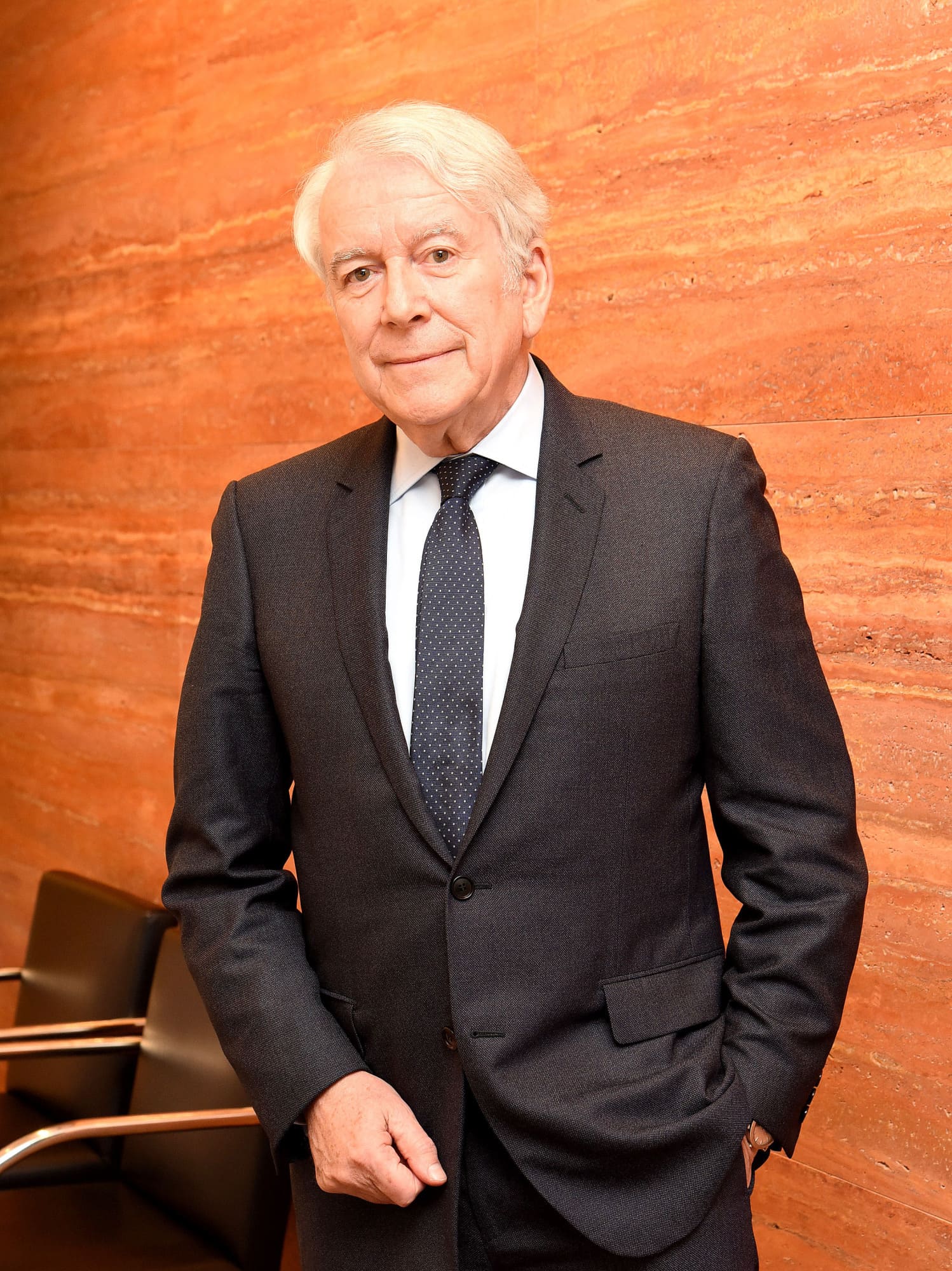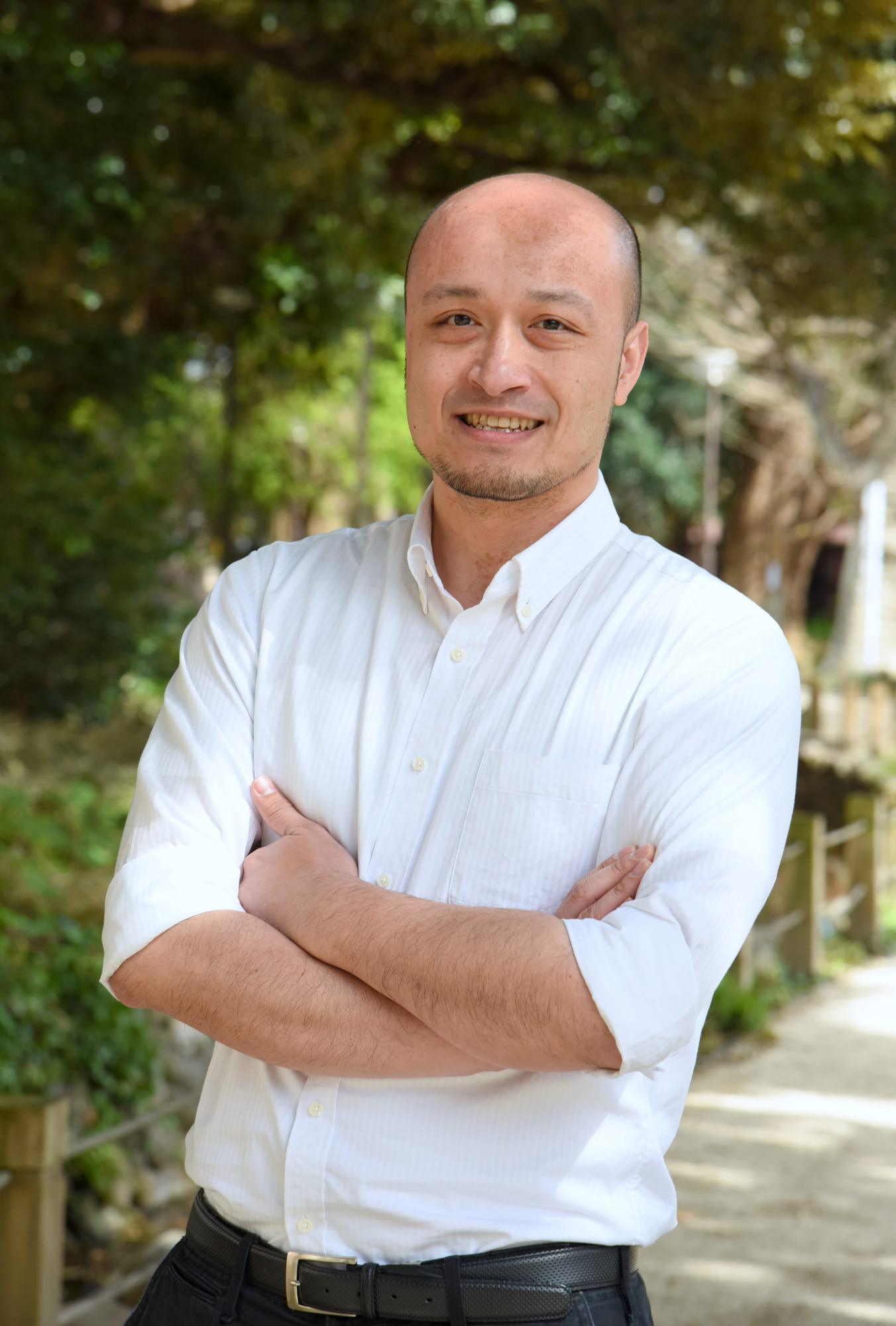
May 05, 2019
Reputation and success developed via resilience
Antony Tran’s flexible approach to photography extends to work practices
BY LOUISE GEORGE KITTAKA
CONTRIBUTING WRITER
- Name: Antony Tran
- Title: President, LIFE.14 inc. (since April 2015)
- URL: https://www.life14.com/
- DoB: Nov. 20, 1981
- Hometown: Paris
- Years in Japan: 12
LIFE.14 works with a diverse clientele, providing photography and video services for embassies, chambers of commerce, major corporations and nonpolitical organizations, and President Antony Tran’s background is equally eclectic.
The Japan Times sat down recently with Tran at his office, located just a stone’s throw from the beautiful Shinjuku Gyoen National Garden, to reflect on how this diversity has influenced his career.
Born into a Vietnamese-French family in Vietnam, Tran moved to France at the age of 5 as a political refugee. When the family received their authorization to leave for France, they had to seize the chance and move quickly, selling most of their possessions. They arrived in France in the middle of winter, where they received assistance from the Red Cross.
Tran has taken the road less traveled when it comes to his current profession. He holds three degrees, but not in fine arts or film — his majors have been mathematics, Japanese and international studies — while previous jobs include working for a French medical agency that provides air evacuation for patients, and as a manager for an international firm’s Tokyo office.
“The skills I got from those things are helping me a lot,” he said. “Mathematics helps me to have logical thinking, the emergency rescue experience helps me to handle stress and being an office manager helps on the entrepreneurial side.”
Tran’s interest and skills in photography developed after coming to Japan on a working holiday, as a natural extension of his desire to take good photos to send home. He gradually invested in better equipment, eventually getting to the point where he realized he needed to brush up his technique. “After a while, you can’t blame the camera anymore, as it is more expensive than your apartment!” he quipped.
Entirely self-taught, Tran started taking his first professional photos just a few years later. He points out that while Japanese photographers who have studied their art formally may have preconceived ideas about how to do things, he judges each situation on its own merits.
Tran founded LIFE.14 in 2015 with fellow photographer Shinnosuke Toyo, who now serves as executive vice president. “We were just covering for and helping each other. Then we got some big clients and we had to become a company to register with them,” he said.
The firm’s name was inspired by adding together the international country codes for Japan (81) and France (33) to make 114. “If you take the ‘I’ in ‘LIFE’ as a 1, then you have 114. And I wanted the word ‘life’ in there for a warm feeling … we are a human company,” explained Tran.
A flexible approach has continued to be a key factor in building up a successful business with LIFE.14. “Even though the people who hire us are very different, they all have the same needs: good representation. First and foremost, we have to consider the needs of the client. I believe once you have a certain level of skills, you can adapt to whatever the client requests,” Tran said.
“For example, when photographing refugees for an NPO, they’ll say ‘We need the picture, but you can’t show the faces of people still waiting to get their papers.’ Or it could be the reverse, like when you need a picture of the World Bank president shaking hands. You have a whole day to wait for him, but this will happen just once.”
Clients are now seeking out the firm based on its reputation. The LIFE.14 team is honored to have been chosen as the official photographer for the upcoming G20 summit in Osaka in June.
For Tran, having the right people on his team is an integral part of his firm’s success. “We expect a lot from them — sometimes there are events at night or on the weekend — but on the other hand, I like to think we are very flexible, too,” he said. “You don’t need to be here just to be here! If it’s raining a lot or there’s a typhoon coming up, don’t come in just to send an email. Do it from home.”
Having experienced the kindness of the Red Cross firsthand as a youngster, Tran is passionate about giving back to the community. His company currently supports four NPOs, including the Japan Association for Refugees and three that focus on helping children (Shine On! Kids, Mirai no Mori and Lights on Children).
“I’d like to stress that it isn’t so much benevolence — it’s a pro bono thing. We are not only giving our time, we are giving our skills. We are filling a very specific role,” Tran said, adding that while the idea of pro bono — providing professional services for free — is not yet that common in Japan, it is an optimal way to volunteer.
By his own admission, Tran is somewhat disconnected from celebrity trends. “A lot of the people we see at events are VIPs and I only know about it after the fact. More than a specific subject, I am more interested in the situation,” he said. “When you have a camera, you can be anywhere. Whether backstage at a local matsuri (festival) or at (a) G7, having a camera allows you to be there and witness what is happening.”
This connects to his personal interest in street photography and admiration for the work of photographers who are “on the ground,” such as Henri Cartier-Bresson, founder of the Magnum agency and a pioneer of the street photography genre.
“He was innovative in his time, as he would capture the moment, where shapes and emotion and lighting would connect together, and that was when he would take the picture,” Tran said. “Even if you try to set something up, it might not happen. But if you are ready, you can capture it. That’s what I’m aiming at.”
Diverse professions that cover passions
Antony Tran was born in Vietnam, but relocated to France with his family as political refugees at the age of 5. He was raised and educated in Paris, earning a university degree in mathematics and applied sciences. Having studied karate since he was young, his first visit to Japan was for a competition while still in high school. He later returned in 2002 for a working holiday in Mito, Ibaraki Prefecture, and went on to study Japanese at the National Institute for Oriental Languages and Civilizations in Paris, before working as an assistant medical supervisor in international medical evacuation. A self-taught photographer, he came back to Japan in 2007 and combined freelance photography work with further study, earning a degree in international studies from Asia University in Tokyo. He established LIFE.14 with Shinnosuke Toyo in 2015. When time permits, Tran enjoys traveling and street photography.

